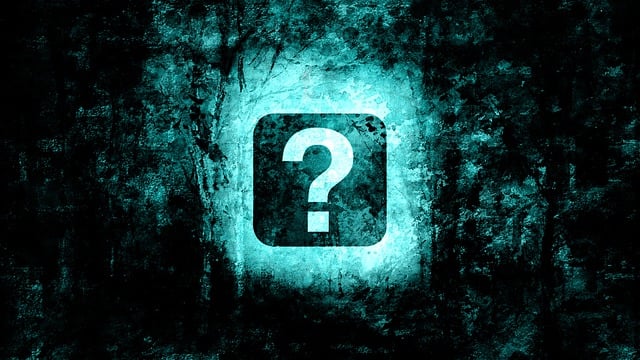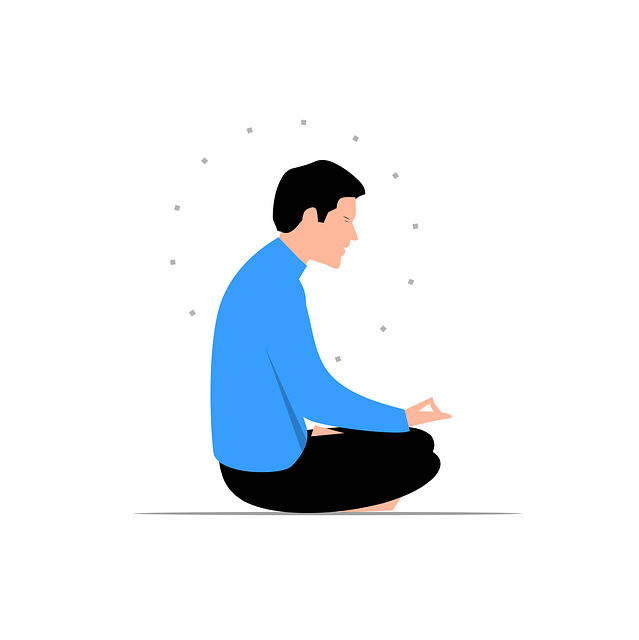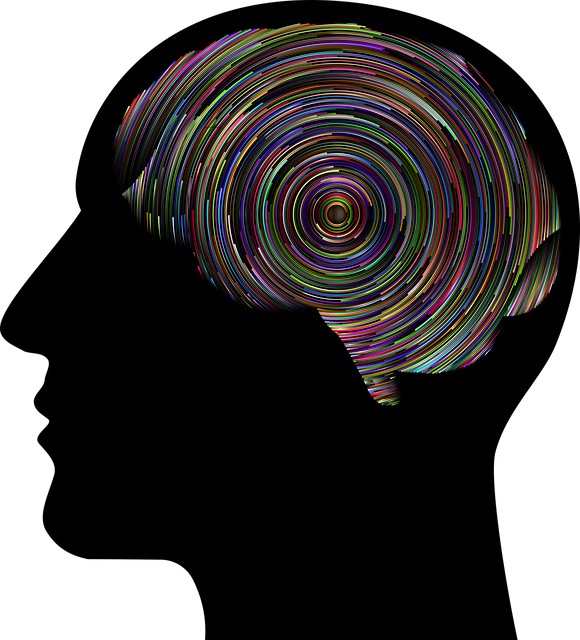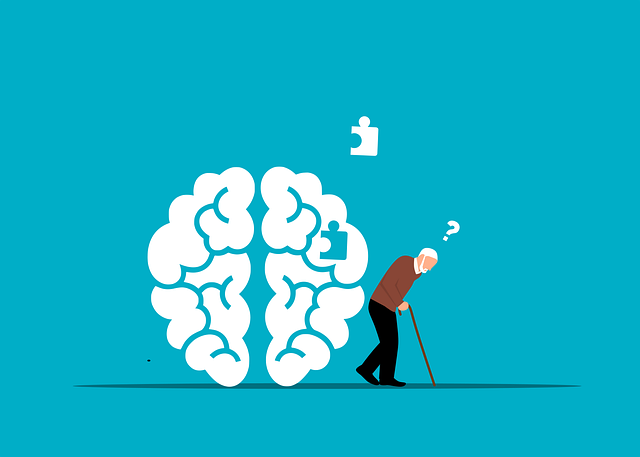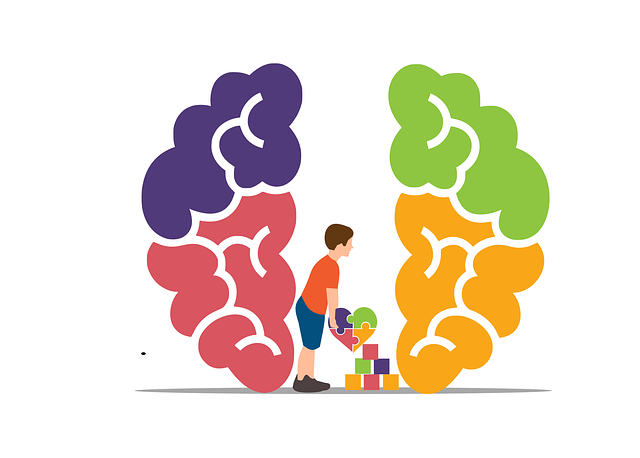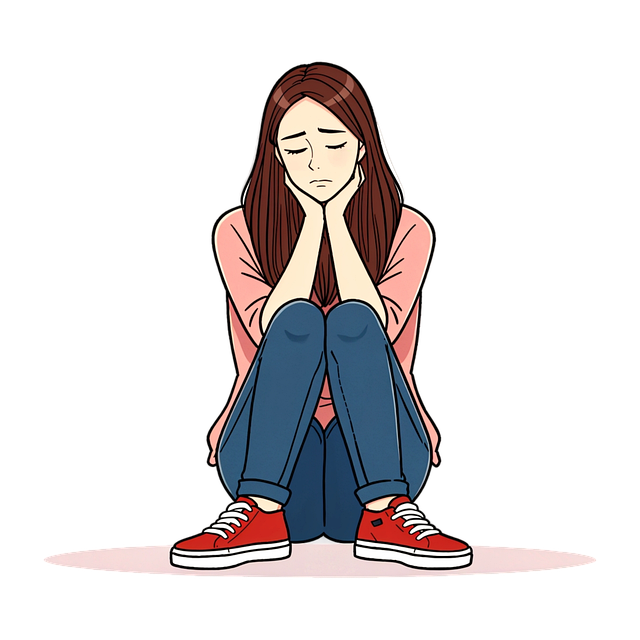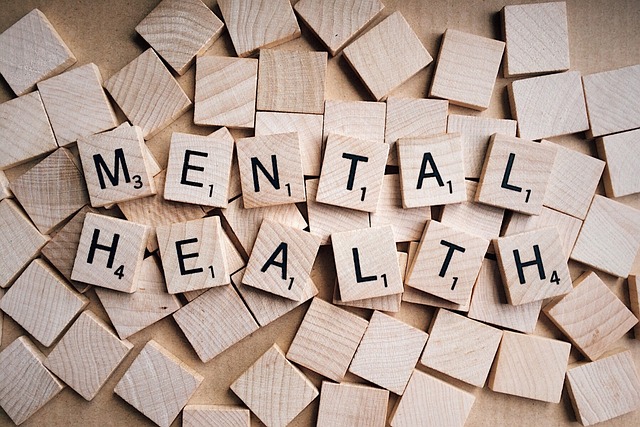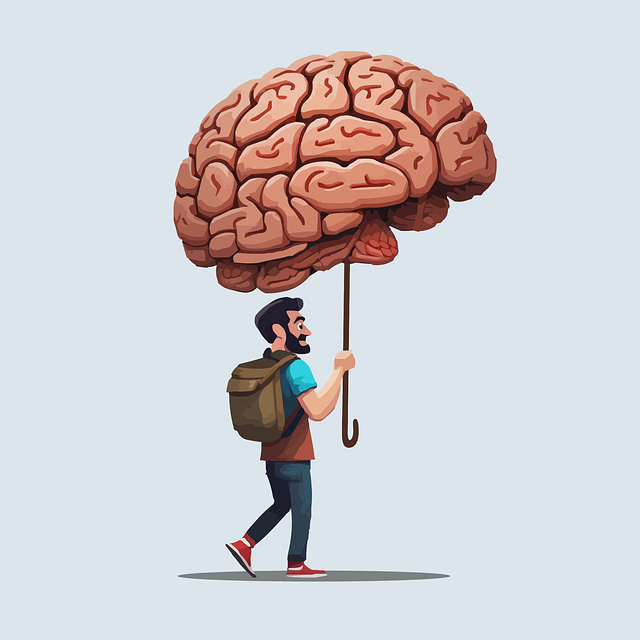Diagnosing mental illness in older adults is challenging due to co-occurring conditions and age-related changes, often leading to misdiagnosis or delayed treatment. A multi-faceted approach is required, focusing on tailored therapy (e.g., CBT), healthcare provider training, resilience building, and mental wellness journaling. This holistic strategy includes assessing parenting skills, addressing early life experiences, and familial dynamics, which are crucial for accurate diagnoses. Innovative therapies like CBT with mindfulness, family-centered approaches, and expressive arts facilitate safe emotion expression. Integrating technology with traditional methods enhances diagnostic accuracy through digital health platforms offering personalized interventions tailored to individual needs, especially in therapy for elders and parenting skills. Comprehensive training, support systems, and stress reduction methods improve healthcare provider competence and resilience, ensuring high-quality care for elderly populations facing complex mental health challenges.
Mental illness diagnosis accuracy among elders remains a significant challenge, with many cases undiagnosed or misidentified. This article explores crucial efforts to improve diagnostic practices, focusing on innovative approaches tailored to elders’ unique needs. We delve into key areas such as understanding the challenges of mental health diagnosis in this demographic, the role of parenting skills assessment, integrating technology with traditional methods, and training healthcare professionals specifically for elder care. By addressing these aspects, we aim to enhance the accuracy and effectiveness of therapy for elders.
- Understanding the Challenges of Mental Illness Diagnosis in Elders
- The Role of Parenting Skills Assessment in Accurate Diagnosis
- Innovative Therapy Approaches for Improving Diagnosis Accuracy
- Integrating Technology and Traditional Assessment Methods
- Training and Support for Healthcare Professionals in Elder Care
Understanding the Challenges of Mental Illness Diagnosis in Elders

Diagnosing mental illness in older adults presents unique challenges due to the complexity of their experiences and potential co-occurring conditions. As our population ages, it’s crucial to recognize that traditional assessment methods might not always accurately capture the nuances of elderly individuals’ psychological states. Often, symptoms can be attributed to age-related changes or physical health issues, leading to misdiagnosis or delayed treatment. This is particularly concerning given the elevated risk of depression, anxiety, and cognitive decline among seniors.
Enhancing diagnosis accuracy requires a multifaceted approach. Incorporating therapy tailored for elders, such as cognitive-behavioral therapy (CBT), can help uncover unique presentations of mental illness. Moreover, training healthcare providers on burnout prevention strategies is essential to ensure they remain attuned to the subtleties of elderly patients’ experiences. Encouraging resilience building and providing guidance on mental wellness journaling exercises may also offer valuable insights into managing and understanding mental health in this demographic.
The Role of Parenting Skills Assessment in Accurate Diagnosis

The assessment of parenting skills plays a pivotal role in enhancing the accuracy of mental illness diagnoses, especially when addressing issues affecting elders. Many mental health challenges stem from early life experiences and familial dynamics, making it crucial to evaluate an individual’s upbringing and caregiving abilities. Therapy for elders often involves exploring these aspects to gain a comprehensive understanding of their current mental wellness state. This assessment can reveal hidden patterns and traumas that may contribute to various disorders, ensuring more precise diagnoses.
Mental wellness coaching programs focused on skill development recognize the importance of this approach. By teaching self-care routines for better mental health and fostering cultural sensitivity in mental healthcare practice, professionals can effectively gather insights from individuals and their families. This holistic perspective not only improves diagnosis accuracy but also paves the way for tailored treatment plans that address both the elder’s current needs and potential intergenerational influences.
Innovative Therapy Approaches for Improving Diagnosis Accuracy

In recent years, innovative therapy approaches have emerged as powerful tools to enhance mental illness diagnosis accuracy, particularly for elders. These methods go beyond traditional talk therapy by integrating various techniques tailored to address specific needs. For instance, cognitive behavioral therapy (CBT) combined with mindfulness practices has shown promise in improving diagnostic clarity by helping individuals identify and challenge negative thought patterns and emotional triggers. Additionally, family-centered therapies involve not just the individual but also their support network, especially when focusing on elder care and parenting skills. This collaborative approach ensures that familial dynamics, which can significantly impact mental health, are considered during diagnosis.
The role of emotional healing processes cannot be understated in these innovative strategies. By incorporating techniques such as art therapy, music therapy, and animal-assisted therapy, professionals facilitate safe expressions of emotions for those struggling with mental illness. This is especially beneficial for elders who may have experienced trauma or cultural barriers affecting their willingness to discuss feelings openly. Furthermore, integrating emotional healing processes into diagnosis routines contributes to a more holistic understanding of mental health, complementary to the existing Mental Health Policy Analysis and Advocacy efforts aimed at improving access to care and treatment outcomes.
Integrating Technology and Traditional Assessment Methods

In the pursuit of enhancing mental illness diagnosis accuracy, integrating technology with traditional assessment methods has emerged as a powerful strategy. This hybrid approach leverages the strengths of both methodologies to provide more comprehensive evaluations. For instance, digital health platforms can offer accessible and interactive tools for monitoring symptoms over time, such as mobile apps that track mood and anxiety levels through regular check-ins. These technologies also facilitate remote consultations, enabling professionals to assess patients from the comfort of their homes, which is particularly beneficial for elderly individuals who may face mobility challenges.
Furthermore, technology can augment traditional assessment techniques by providing data-driven insights. Advanced analytics can identify patterns in patient responses that might be missed through manual review, enhancing diagnostic precision. In the context of elder care and parenting skills, these digital tools can offer tailored interventions, such as stress reduction methods and communication strategies (Anxiety Relief, Stress Reduction Methods) delivered via virtual platforms. This personalized approach ensures that patients receive the most effective therapy for their specific needs, fostering better mental health outcomes.
Training and Support for Healthcare Professionals in Elder Care

Improving mental illness diagnosis accuracy among elderly populations requires a significant focus on training and support for healthcare professionals specializing in elder care. These professionals play a crucial role in identifying and addressing mental health concerns that may be obscured by age-related cognitive changes or co-occurring physical conditions. By providing comprehensive training on the latest assessment tools, diagnostic criteria, and evidence-based practices, healthcare providers can enhance their ability to accurately recognize symptoms of depression, anxiety, and other common mental illnesses in older adults.
In addition to formal education, implementing support systems that encourage ongoing learning and collaboration is essential. This includes access to professional development opportunities, peer mentoring programs, and resources for self-care—all of which contribute to a more competent and resilient workforce. Incorporating practices such as mental wellness journaling exercises and mind over matter principles can help healthcare professionals maintain their own mental health while fostering an environment that prioritizes holistic care for elderly patients. Effective stress reduction methods are also integral, as they mitigate burnout and enhance the quality of care provided to elders navigating complex mental health challenges.
Mental illness diagnosis in elders remains a complex task, but with a multi-faceted approach, we can significantly enhance accuracy. By understanding the unique challenges faced by older adults and incorporating innovative therapy techniques, such as focusing on parenting skills assessment, we can improve outcomes. Integrating technology into traditional methods offers promising tools for earlier detection. Moreover, ensuring healthcare professionals in elder care receive adequate training and support is vital to navigating this complex landscape. Through these efforts, we can strive for more precise diagnoses, leading to better-personalized therapy and improved mental health outcomes for elders.
